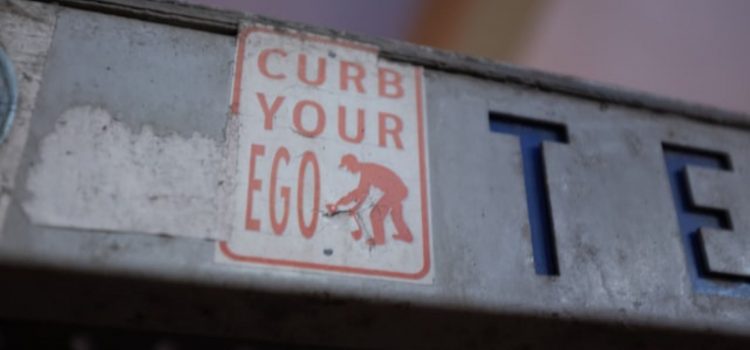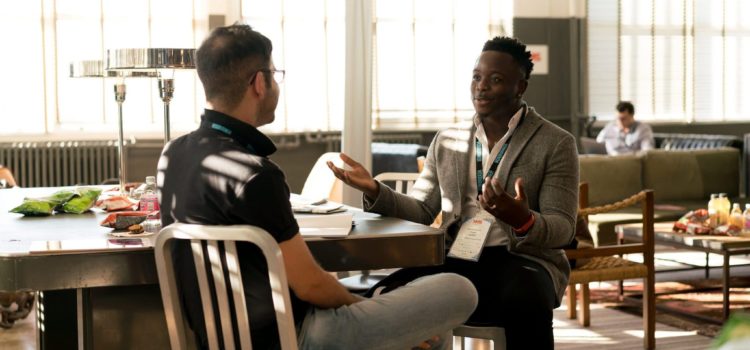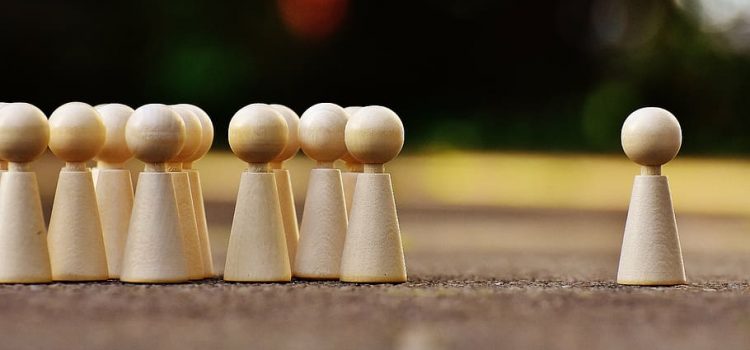What are soft sciences? What is the problem with social sciences? Soft sciences are academic disciplines that seek to interpret human and societal behavior using qualitative analysis for which strictly measurable criteria may be impossible to establish. The problem with soft sciences is that the desire to achieve the level of precision in hard science has led to excessive complexity and the overuse of statistical models that ignore real elements of human behavior such as biases and vices. Read on to learn more about the problems with soft sciences and how they can be fixed.
Why Soft Sciences Are Flawed and Available Solutions










